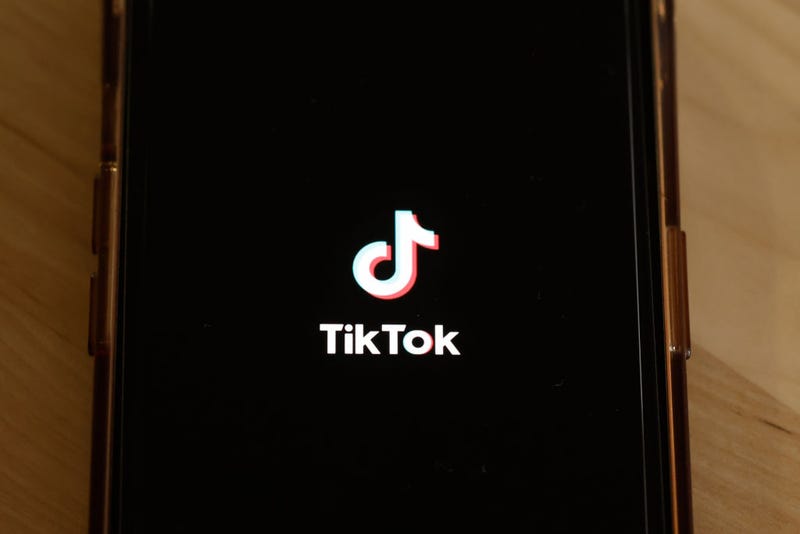
While a previous attempt to ban the social media app TikTok in the U.S. was stalled in the Senate earlier this year, a revived version of it could very well pass as part of larger legislation providing aid to foreign allies.
Although millions of Americans enjoy scrolling through the app – which features everything from makeup tutorials and dancing videos to rage-bait content and information about mental health – many lawmakers are concerned with its ties to China. ByteDance, TikTok’s parent company is Chinese-owned.
If the new legislation passes, ByteDance would either have to sell TikTok or face a ban in the U.S. That’s according to a memo issued by House Speaker Mike Johnson (R-La.) cited by CBS News on the aid packages. Johnson said in the memo that he expects final passage of the bills on Saturday evening.
Overall, the aid funding to Ukraine, Israel and Taiwan will total $95 billion, USA Today reported. House members will also vote on a fourth bill that includes the TikTok legislation and more. Whatever passes the House will move to the Senate as one bill.
Attaching the TikTok legislation to aid funding means it is more likely to pass than the earlier iteration, according to The Washington Post. However, those aid packages have created a tricky political situation for Johnson, who found himself his decision to support the Ukraine funding bill this Wednesday.
Some Republicans, including far-right Rep. Marjorie Taylor Greene, are vehemently opposed to giving Ukraine more aid as the country continues to fight off a Russian invasion. Johnson said he believes it is important, and he called Russia, China, and Iran a “new Axis of Evil” this week following Iran’s strike on Israel.
As for China, the U.S. has concerns that it might be gathering data on the U.S. through TikTok. Last year, concerns about Chinese spying also came in the form of a surveillance balloon shot down over the U.S.
According to CBS News, there are some differences between the previous TikTok ban proposal and the newest one. For instance, the new legislation gives ByteDance nine months to sell TikTok and another three months grace period.
USA Today reported that lawmakers in both chambers of Congress appear to support the legislation.
“I’m very happy that Speaker Johnson and House leaders incorporated my recommendation to extend the ByteDance divestment period from six months to a year,” said Sen. Maria Cantwell (D-Wash.) in a statement posted to X. “As I’ve said, extending the divestment period is necessary to ensure there is enough time for a new buyer to get a deal done. I support this updated legislation.”
Support for the legislation may be popular in Congress (USA Today said members have received information about the company during closed-door briefings with intelligence officials), but it isn’t as popular with the public. According to a recent Associated Press-NORC poll, only 31% of U.S. adults said they would favor a nationwide ban on TikTok use. Slightly more (35%) said they would oppose that type of action. Younger Americans are more likely to use TikTok.
As Congress has considered legislation impacting TikTok, the company launched a lobbying campaign on Capitol Hill. CEO Shou Zi Chew met with Senators and creators who use the app also contacted lawmakers.
This month, TikTok issued a statement that claimed it “fuels significant economic growth for more than seven million businesses and the U.S. economy as a whole by helping to support more than $24 billion in gross domestic product (GDP), and more than 224,000 American jobs.”
This Thursday, the company said this on X: “It is unfortunate that the House of Representatives is using the cover of important foreign and humanitarian assistance to once again jam through a ban bill that would trample the free speech rights of 170 million Americans, devastate 7 million businesses, and shutter a platform that contributes $24 billion to the U.S. economy, annually.”
Even the campaign for President Joe Biden is on TikTok. Per USA Today, the campaign has said it uses a separate cellphone for TikTok to isolate the app from other communications.
Biden said in March that he would sign legislation banning TikTok if it passed in Congress.
